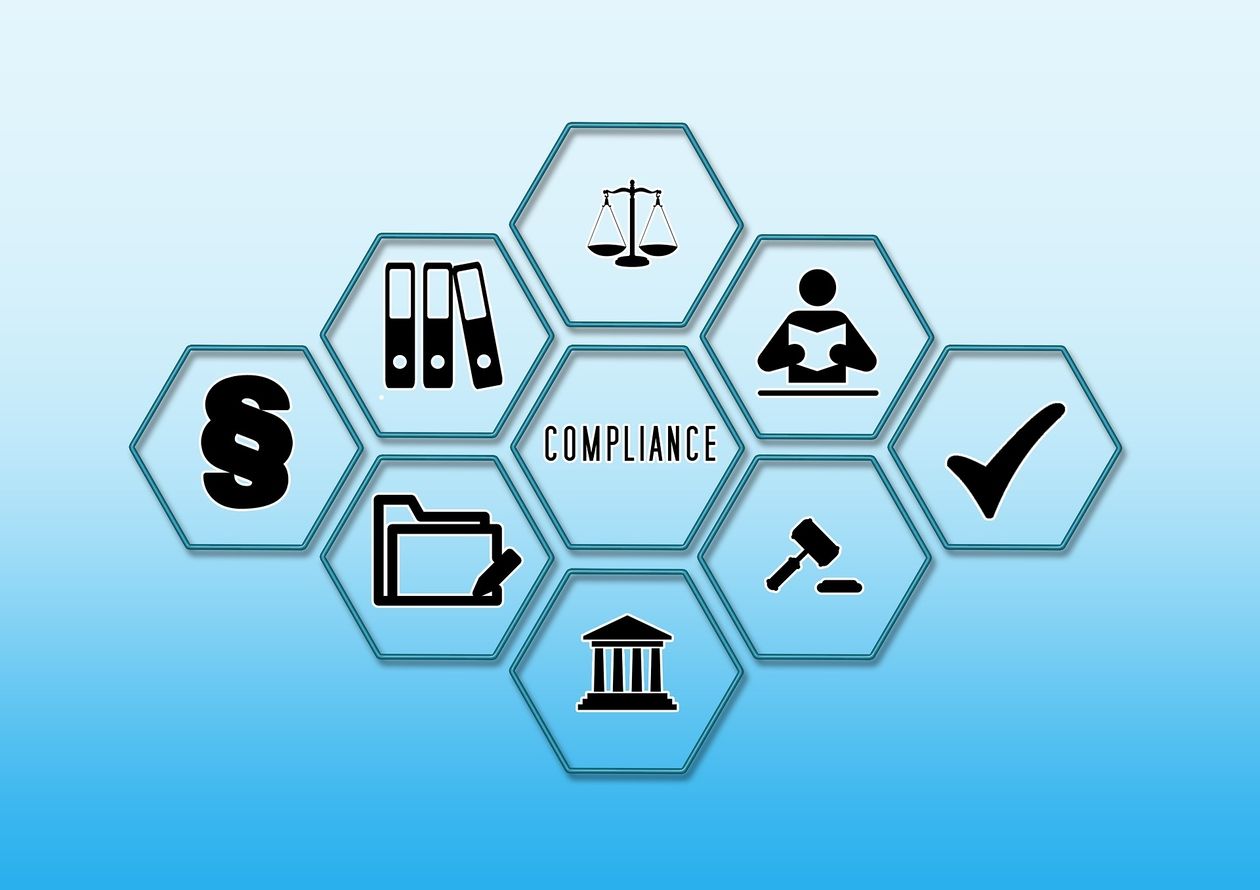Human Resources Compliance
Human Resources Compliance, refers to the process of creating policies and processes in order to ensure that work practices and employment are in line with the employment laws within the state in which your organization resides.
Why it is important
HR compliance is mainly important because failing to meet the legal obligations within your state will either be unlawful or illegal and can lead to industrial disputes or tribunal claims. In circumstances, such as allowing an employee to work during the first week after they have given birth, could become a criminal law matter.
It is understandable that it could be challenging for an organization to ensure that all their legal obligations are continually being met. Whilst organizations may feel confident about complying with some of their legal responsibilities, such as paying national minimum wage, some might often feel less confident about complying with others. An example could include ensuring that the organization follows a fair recruitment policy, which does not discriminate against according to equality laws.
In order to ensure that the organization is compliant, it is essential that the Human Resources team has the right resources to understand the organization’s obligations and are able to identify. Some organizations decide to outsource this part of human resources to a third party that specializes in compliance.





